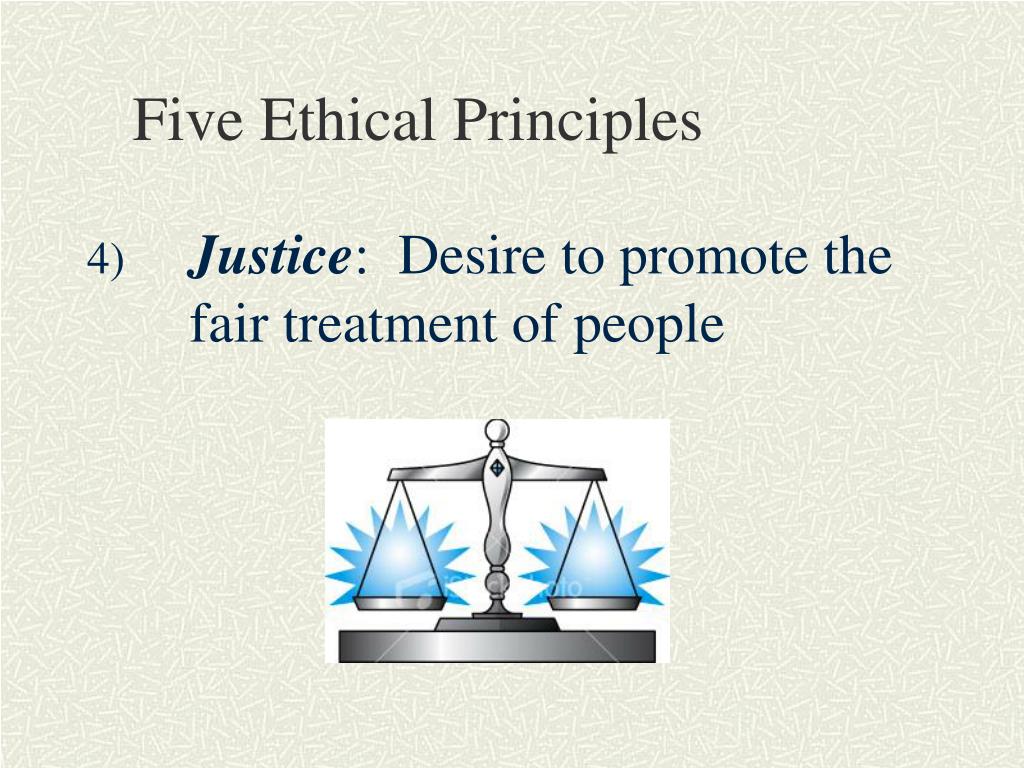

An injustice occurs when some benefit to which a person is entitled is denied to them without good reason or when some burden is imposed unduly on them. This a further expression of the principle of respect for persons.


A core principle of justice in relation to research is equal treatment. Research should be just as between different members or groups in society. However, where the research project will not benefit the participants directly, the wider benefits to others in terms of the potential to alleviate disease or other harms in the future may justify research with some risk but only after very careful evaluation. Where the participant may benefit directly through the research, such risks are more justifiable. Conducting research without any risk of causing harm would prevent many improvements in human welfare. While the most likely types of harms to research participants are those of psychological or physical pain or injury, there may be others costs of a social nature to consider.ĭiscovering what will in fact provide a benefit may require exposing persons to some risk. There are, for example, risks of psychological harm, physical harm, legal harm, social harm and economic harm and the corresponding benefits. Many kinds of possible harms and benefits need to be taken into account.

The term ‘risk’ is generally used for harms but the probability of benefits also needs to be considered. The need for a favourable risk/benefit assessment requires an assessment of the probabilities of both the harms and of the benefits that may arise. All potential risk and harm should be mitigated by robust precautions. Researchers should aim to maximise the benefit of the research and minimise potential risk of harm to participants and researchers. Research should be worthwhile and provide value that outweighs any risk or harm. Some persons are in need of extensive protection, even to the point of excluding them from research that has a risk of harm. Respect for the immature and the incapacitated may require protecting them as they mature or while they are incapacitated. The capacity for self-determination matures during an individual's life, and some individuals lose this capacity wholly or in part because of illness, mental disability, or circumstances that severely restrict liberty. To respect autonomy is to give weight to autonomous persons' considered opinions and choices while refraining from obstructing their actions unless they are clearly detrimental to others.īy contrast, when a potential research participant may lack capacity to make autonomous decisions, respect for persons requires that they be protected against harm.
JUSTICE ETHICAL PRINCIPLE DEFINITION FREE
JUSTICE ETHICAL PRINCIPLE DEFINITION PLUS


 0 kommentar(er)
0 kommentar(er)
